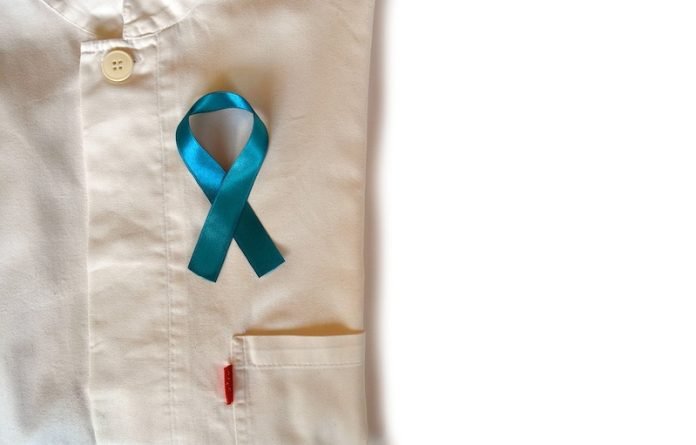
Prostate cancer affects one in every eight men during their lifetime, making it the most prevalent form of cancer for males.
In a study from Rush University, scientists found a new treatment for some types of prostate cancer can offer hope for those looking to avoid punishing side effects.
Men with early-stage or lower-risk prostate cancer could take a “watch and wait” strategy, in which the cancer is monitored regularly but no immediate interventions are made to avoid more aggressive methods.
This leaves patients with the choice between waiting and taking aggressive steps.
A “middle ground” is a new treatment using the NanoKnife, a tool for use in irreversible electroporation, or IRE.
The technique uses electricity to destroy cancer cells while leaving surrounding healthy tissue and nerves unharmed, making it a good option for patients with low or intermediate-risk prostate cancer.
The NanoKnife has four small probes that are inserted into the tumor and guided by ultrasound and magnetic resonance imaging (MRI).
The probes pass electricity in a manner that targets only the cancer cells, leaving nearby healthy tissue and cells alone.
The technique also spares harm to the nerves within the prostate related to erections and bladder control, potentially preserving urinary and erectile function.
The procedure takes place under general anesthesia to ensure patients remain immobile. Patients recover at home, where they need to use a urinary catheter for three days after the procedure.
The team says it’s important to note that 15% to 20% of prostate cancers return after initial treatment.
If cancer does return after the IRE procedure, patients still have more aggressive forms of treatment available to them.
Clinical studies are underway to evaluate the effectiveness of NanoKnife in treating advanced pancreatic cancer.
If you care about prostate cancer, please read studies about a safe and effective treatment for prostate cancer, and diet rich in plants could help fight prostate cancer.
If you care about cancer, please read studies that a low-carb diet could increase overall cancer risk, and vitamin D supplements strongly reduce cancer death.
The study was conducted by Srinivas Vourganti et al.
Copyright © 2022 Knowridge Science Report. All rights reserved.



